Processes: Why We Need Them, Why They Meet Resistance + How to Deal
When you started your business, if your experience was anything like mine, you loved the thrill and challenge of doing everything by the seat of your pants. Making it up as you went along! No templates to fit your work into! Sweet freedom!
But then, as you realized that maybe being the only one responsible for everything wasn't the barrel of monkeys you thought it would be, you began to start thinking about outsourcing some tasks, or hiring staff. Or maybe you were happy to keep rocking your business solo, but you found yourself thinking “there must be an easier way to do this.”
Each of these scenarios points to one next step - you need to get some processes in place. As in; created, vetted, revised, finalized, and documented so that other people can see them and follow them.
It might sound like no fun, and it really often isn't but it is a way to enable efficiency, consistency, clarity and productivity as your business evolves.
Here are some common challenges that arise as processes get finalized, documented, and initiated, and some suggestions for how to overcome them:
POINT OF RESISTANCE #1
You do so many things you can't possibly think of how to document them
This, essentially, is the whole crux of the problem isn't it? You are responsible for completing too many of the tasks in your business. I understand it seems counter-intuitive to take extra time to document your processes, especially when time is in short supply, but it will be worth it. Some options for having this documentation take the least possible time are:
Do it while you're doing your work! If you're already working on a task you need to document a process for, write down the steps you take, and important pieces of your thought process as you go.
Have someone sit with you while you do your tasks and have them document what you are doing. They will also likely ask questions about why you do things the way you do, which could lead to either clearer processes, or more refined ones.
POINT OF RESISTANCE #2
These people want me to change things.
Yep, that might (almost certainly will, in fact) happen. It can really hit your ego and tempt you to throw in the towel. I tend to take it very personally and react (internally) as though someone has declared war on my worth when edits are suggested or improvements are identified in “the right way” that I have been doing things. I'm working on that and hopefully my learning can help you too:
Hold on to your hats here - your way isn't the only way. It's also probably not the best way. “Best Ways” are discovered through processes of collaboration and iteration.
You are gathering these people around you for a reason. Whether you are outsourcing or hiring staff, you're gathering people around you who have gifts, perspectives, experience, and skills that you don't. These are valuable, and letting them inform how things happen will make things run even more smoothly in the end.
POINT OF RESISTANCE #3
Following these processes takes too long / interrupts my flow / steals my mojo.
Does it really? Frequently, we hear these things when working to incorporate processes into a business / organization, but just as frequently, when pressed, it becomes clear that the issue has more to do with anxiety around change or the expectations that come with the new/changed processes. Make sure you understand where your resistance is really coming from, and handle it appropriately.
Sometimes it is true that, when documented and implemented, some parts of a process may be more restrictive or take more time than they used to. This can seem very much like the opposite of the desired result - streamlining and reducing time spent. However, it is important to consider the whole process, the results it delivers, and the ramifications of not following it properly. What may be more work for you at one point may reduce multiple steps for you down the road. If you don’t follow the process as laid out, it could hold up workflow for others, or result in necessary information not being collected or stored properly for later use. Give a process a fair shot before deciding it simply doesn’t work, and if changes do need to be made be honest and helpful in your initiation of a change.
The benefits of having processes well documented and followed far outweigh the hassle that can surround getting them to the point of implementation. In order for a business or organization to grow and flourish, this is an essential step, and can bring a sense of ease, reduce the need to micromanage, and ensure that your values continue to be lived out as your team grows and more people become representatives of your business.
What has been your biggest resistance to formalizing your processes? Where have you seen the most positive results from consistently following a process?


